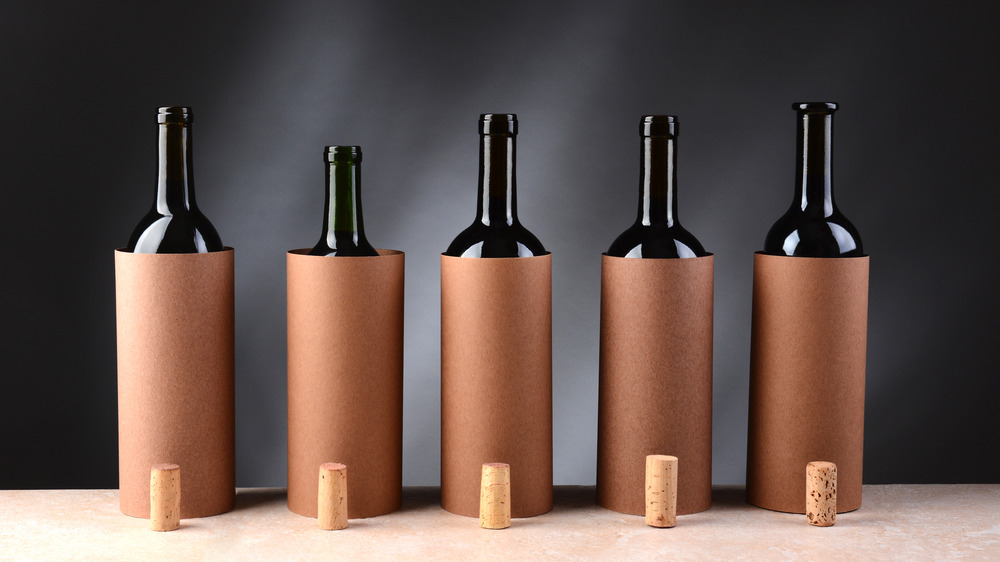This Is What It Takes To Become A Sommelier
Those who reach a point of wanting to know more about wine rather than the general grape varietal they enjoy might even dream about becoming an amateur sommelier — a wine steward. Besides, until you dive into the profession, you might not be aware of all of the qualifications, knowledge, and skills sommeliers typically have to acquire before becoming a professional sommelier.
Sure, most anyone can open a bottle of wine for a meal. But knowing how to pair it and the various options that would make the meal sing requires a skill set beyond the use of a corkscrew. However, there are some practices you can adopt to be well on your way to becoming an amateur sommelier.
Two general pieces of advice that are often imparted are to collect all the literature you can to read everything available about about wine, and to get a job in the restaurant industry (via Wine Enthusiast). Wine can be as complex as the level to which you choose to study it. One example: a book like Wine Simple by Aldo Sohm, a world-class sommelier, is straightforward and gives readers the unfussy basics.
It's also a great idea to get a job in the restaurant industry if you want to become a restaurant sommelier, because the job will teach you the etiquette of table-side service. Knowing the proper way to open, present, and serve a bottle is just as important as knowing which bottle to choose.
This is the nitty-gritty of it
If you are really serious about becoming a sommelier after studying and practicing on your own, then consider the investment. According to Wine Folly, most sommelier courses cost around $1,000. That's on top of all the wines you should be buying. Wine Folly suggests a list of classic wines that you should be familiar with and be able to identify blindly, which is why Wine Enthusiast advises that those practicing to become a sommelier buy a case of wine per week. You'll probably also want to use the tasting grid that Wine Folly mentions as you taste each of those wines, too.
To become a certified sommelier you have to pass both a written test and a blind tasting at all of the levels, except for the first. The levels include introductory, certified, advanced, and master, according to Wine Enthusiast. Each of these comes from the Court of Master Sommeliers, which was founded in 1969. Since then, fewer than 275 people have earned the master title.
Each level comes with a more difficult test. Certified sommeliers and above must pass "a live demonstration of knowledge and tasks" for judges, which includes table service. Each level after involves similar tests, though they are increasingly difficult and tedious. They also include expertise on other spirits and cigars, according to Wine Enthusiast.
Before you join a course and take the test, immerse yourself in your local wine culture. It is a far more time-consuming endeavor than most realize.

